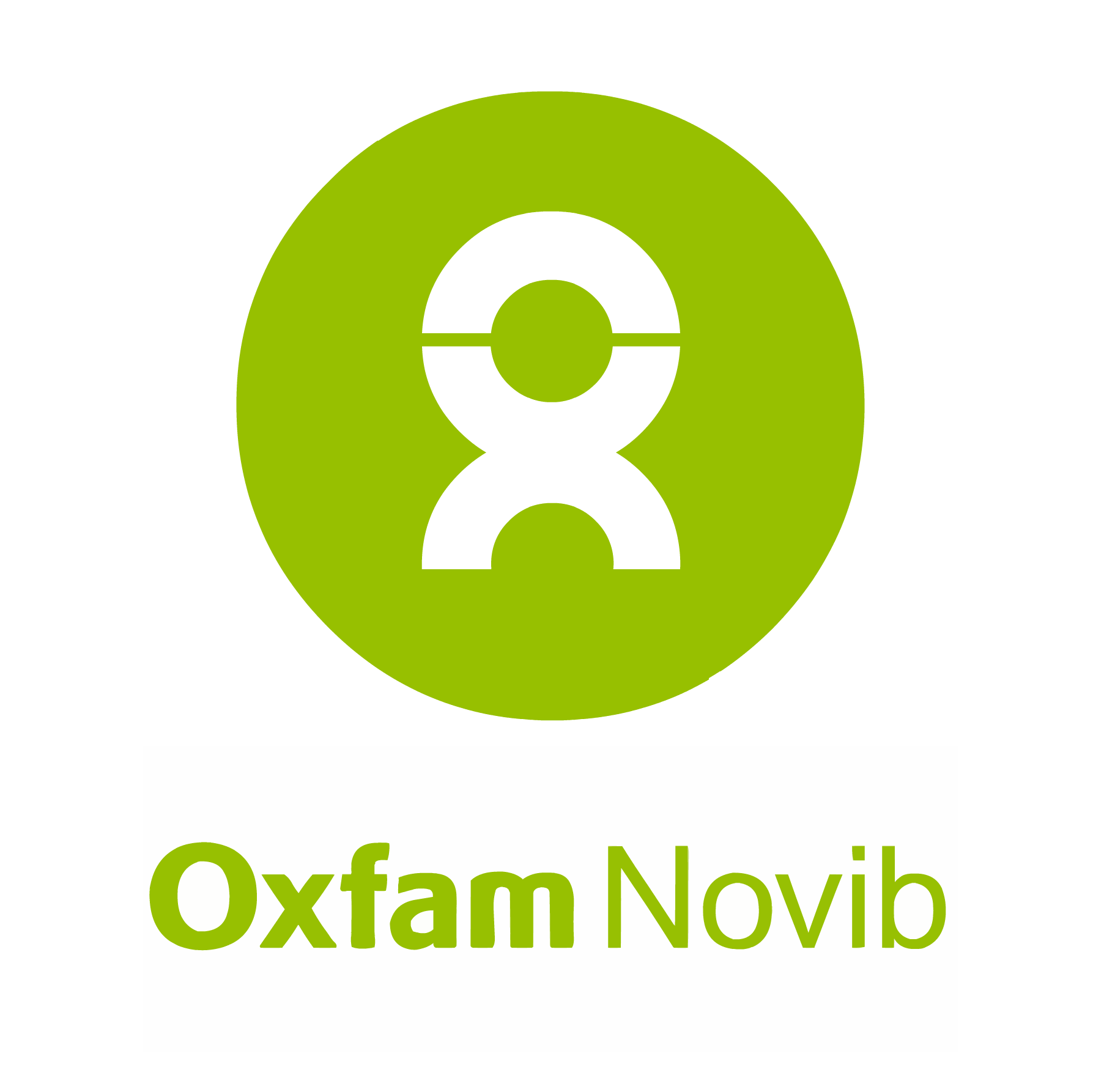Community / Land projects / FAIR for ALL Agric Value Chains India
FAIR for ALL Agric Value Chains India

€0
11/22 - 12/23
Completed
This project is part of
Implementing Organisations
Donors
Data Providers
General
The Power of Voices Partnership (PvP) is an influencing programme with the Netherlands Ministry of Foreign Affairs. The programme FAIR for ALL led by Oxfam Novib is five year long initiative implemented jointly with consortium members Huairou Commission,SOMO andThird World Network-Africa (TWN-Africa) aimed at supporting and collaborating with people’s rightful demands towards companies, governments and multilateral organizations for economic, social and environmental justice, promoting global trade andvalue-chains that are fair for all. The main focus of the FAIR for ALL programme proposal is to support and strengthen CSOs to play their diverse roles; as educators, mobilizers, creators and watchdogs to make trade and value chains FAIR for ALL. In India, FAIR for ALL programme will be working with women, girls and young people in marginalized communities, that are working in six major value chains (sugar, vegetables, food grains, poultry, diary and fishing), to have voice, agency, knowledge and thesupport they need to improve their livelihoods and working conditions, including through holding the government and private sector to account, in particular with regard to protection of worker and farmers rights and provision of social protection mechanismsfor all. The India FAIR for ALL programme will be implemented by Oxfam in India, Huairou Commission and SOMO, aiming to: 1)Strengthen civil society and workers’ collectives to address abuses of informal workers’ rights in sugar cane supply chains; 2)Support grassroots women to organize themselves into producer groups so they can increase the value and quality of their crops, access markets, enhance their bargaining power and increase their earnings; 3) Strengthen grassroots organizations and local civilsociety to advocate for women’s land rights and support for women small-scale farmers; and 4) To challenge trade, tax and investment regimes which are in favour of FDI and large companies and which cause rising inequality and social and environmental challenges. These objectives will be achieved by building the awareness of local civil society and activists about issues of responsible business conduct and inequality-reducing fiscal policies; strengthening worker’s collectives to demand living wagesanddecent working conditions, linking them with state and national networks; supporting cooperatives and producer organizations, increasing their bargaining power and access to markets and finance; and by increasing the understanding of local civil society onhow investment, tax and trade regimes impact marginalized groups and how improved regimes can pay for inequality-reducing measures such as investment in small-scale agriculture and affordable public health and education systems.




